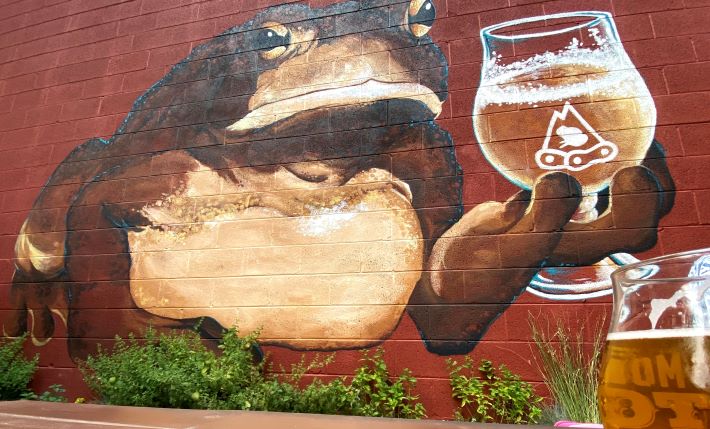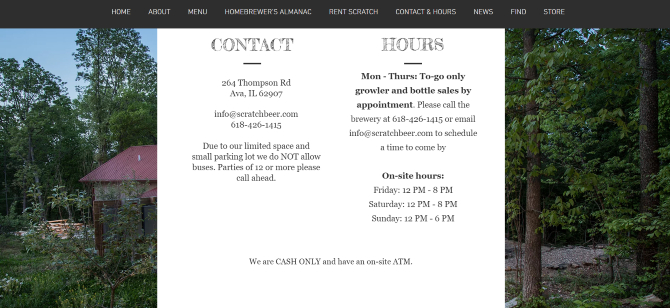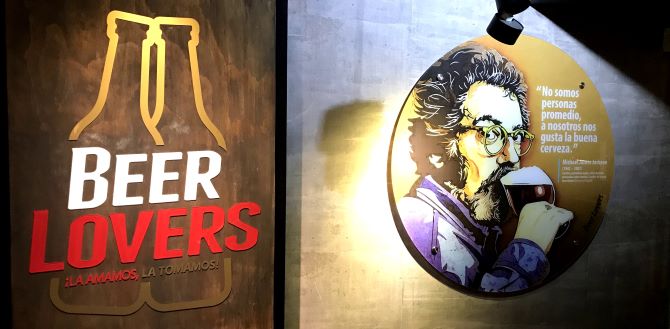
With apologies to Truman Capote or Nanci Griffith. Her 1993 album took its name from Capote’s novel, and is a collection of covers (and some sweet collaborations) that draw attention to artists Griffith’s fans might not be familiar with.
Jeff Alworth wrote last week about how women enrich beer, pointing to a multiple voices beer drinkers and thinkers will benefit from listening to. That they view beer as outsiders may be their super strength.
I’m currently reading an advance copy of “A Woman’s Place is in Brewhouse,” available Sept. 21, a sweeping history of women in beer by Tara Nurin. It provides context for many things I’ve read of late, including Alworth’s post, and sometimes what I read elsewhere adds context to the book.
A week ago, The Guardian posted an interview with Jeanette Winterson about her new book, “12 Bytes: How We Got Here. Where We Go Next.” Although Claire Armistead was describing Winterson’s task she could have been referring to Nurin’s: “This means writing women back into history as active contributors to the modern world, capable of imagining the future, breaking codes and solving the knottiest scientific problems.”
Why we drink
A bit of context for the “hard seltzer is dead, no it’s not” flap. “How Big Beverage poured empty promises down our throats” (from The Goods at by Vox) barely mentions beer, but you can connect the dots. Two paragraphs to consider:
– “At this cultural moment, drinking for drinking’s sake is considered a waste of time — people want their beverages to do something. As a result, we’ve created an entire category of ‘functional’ beverages that claim to have the ability to make us better in every single way, from our brains to our beauty. Beverages must play an active role in our lives, and assist us in achieving self-determined goals.”
– “Beverages have become just another way for people to signal allegiance to a certain lifestyle or to tell ourselves that we are working toward something better. But our faith in the beverage industry has mostly survived so long because we are in denial about what gives us pleasure. Instead of collectively admitting that we love drinks — on a social and emotional level that is hard to compare to anything else — we would rather fool ourselves into believing that drinks can fix us.”
On the lighter side
VinePair calls Modelo Especial the most important beer in America right now. The statement is based on metrics generally used to define success, that is sales.
But here are a couple of other numbers.
1 – That’s how many mugs (out of a possible 5) Howard Hillman gave the beer in “The Gourmet Guide to Beer” in 1983. Budweiser got two, Bud Light zero. And he wrote, “Brewed in Modelo and not so ‘especial.”
16 – The rating from James Robertson (out of a possible 100) in his “Beer-Tasters Log” (compiled during tastings across three decades. He wrote, “Tawny-gold, malt aroma; faint malt flavor that gains in strength at the finish; long dry malt after-taste.”

